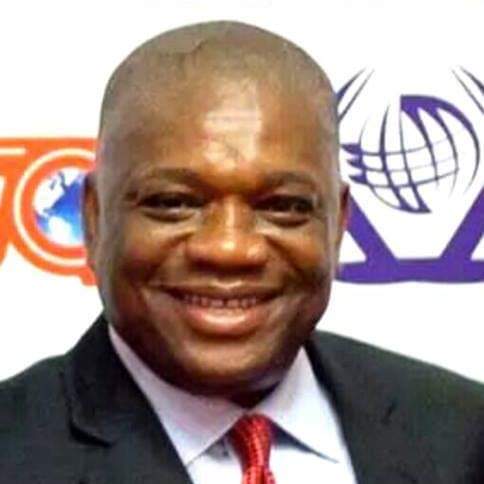By: Akinloye Oyeniyi.
There is no doubt the public outcry that greeted the vacation of Orji Uzor Kalu’s conviction is beginning to die down with Nigerians scattered here and there on diverse opinions and EFCC not humble in a sure defeat.
Like I pointed out in my last reaction, nothing and nobody, how so high can naturally stand against the Constitution and not bite the dust of defeat eventually. But on this issue, the blame should not only be placed at the doorsteps of the immediate past President of Court of Appeal Justice Zainab Adamu Bulkachuwa (Rtd) and Justice Mohammed Idris but ultimately on that of the National Assembly and the Executive arm that are saddled with respective lawmaking responsibilities for poor performance.
The legislative process of lawmaking is a rigorous one which must involve a well-trained experts in legislative affairs from the client (executive, legislator, judiciary or private stakeholders) instruction-taking stage to that of the assent by the president. There are four major considerations which I have code-named 4LTs (Four Legislative Tests) which every legislative bill must pass through for such to be suitable for legislative considerations and eventual transformation into an Act or law of an assembly.
These four tests are:
1. Constitutional compliance;
2. Customs/Religions of the land;
3. Existing laws/Case laws/Policy; and
4. Treaties/Conventions/Covenants/Declarations.
For the purpose of the subject at hand, I will deal only on the Constitutional Compliance Test and Nigeria as the premise. It is the professional responsibility of a legislative expert to make sure the 1999 Constitution of the Federal Republic of Nigeria (as amended) is strictly adhered to when handling any legislative bill right from the time of taking instruction from his or her client/s, analysis of such instruction, bill design, bill composition, bill scrutiny/peer review, passage, assent and implementation, because the status of every legislation that is inconsistent with the Constitution is automatically void and only waiting for the day of its legal declaration as a nullity.
Important requirements of the Constitution are the ‘musts’ that must be taken cognisance of, these are:
- Supremacy of the Constitution as set out in Section 1(1) and (3) of Chapter I stating that any legislation that is inconsistent with the provisions of the Constitution is void and the Constitution prevail;
-
Legislative Competence of the legislative house in Part II, Chapter I, dividing legislative powers between the National Assembly and state Houses of Assembly as allocated in the Second Schedule, to properly situate if the target House have powers to entertain such bill;
-
Ouster Clauses. Section 6(6)(c) in Part II of Chapter I having ousted the inherent powers and sanctions of courts in Nigeria on justiciability of Chapter II of the Constitution, any bill targeted at enforcing anything contrary shall be running against the Constitution and be void;
-
Fundamental Objectives and Directive Principles of State Policy as set out Chapter II. Though these principles are not directly enforceable by the courts, but any part of a bill contradicting any of the principles is contradicting the Constitution; and
-
Fundamental Rights and Freedoms of the citizens in ChapterI IV. These are the fundamental rights and freedoms constitutionally guaranteed to individuals and any legislation infringing any of them is void.
So, for the National Assembly to have received a bill on amendment of administration of justice with its Section 396 subsection (7) contravening Sections 249 subsection 2 (b) and 253 of the 1999 Constitution (as amended) dealing on appointment of judges of and due constitution of a Federal High Court, worked and passed same and the president assenting to such passed bill is a huge sign of legislative incompetence of both the National Assembly and the President and this is one of the disadvantages of legislators not engaging professional experts in legislative matters but rather mostly incompetent family members and political associates.
Akinloye Oyeniyi
Legislative Expert and Public Affairs Analyst.




